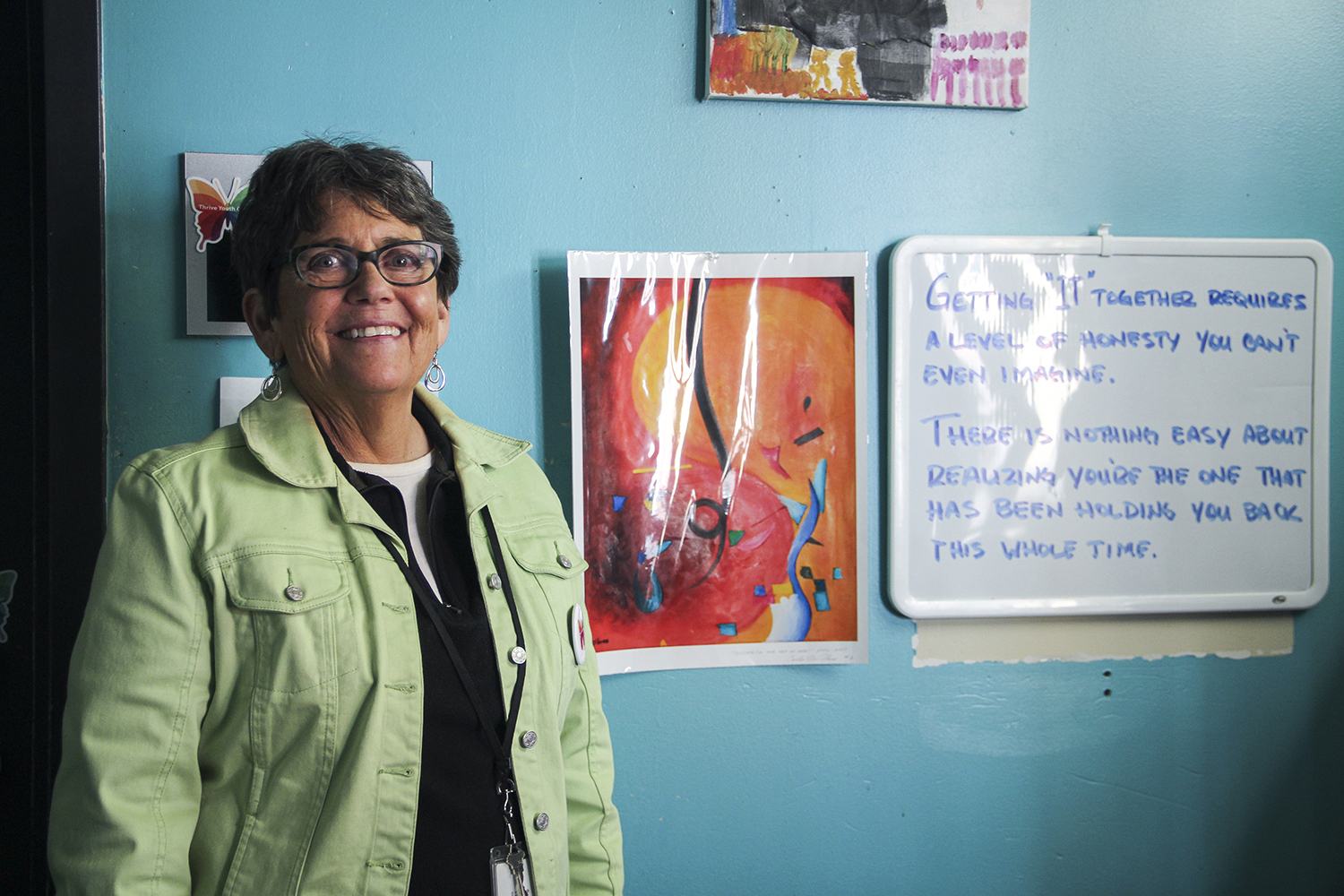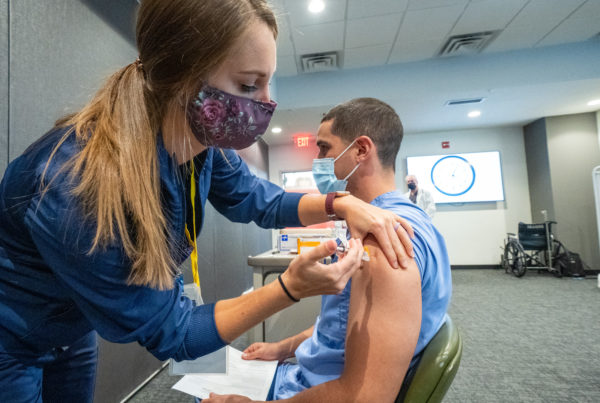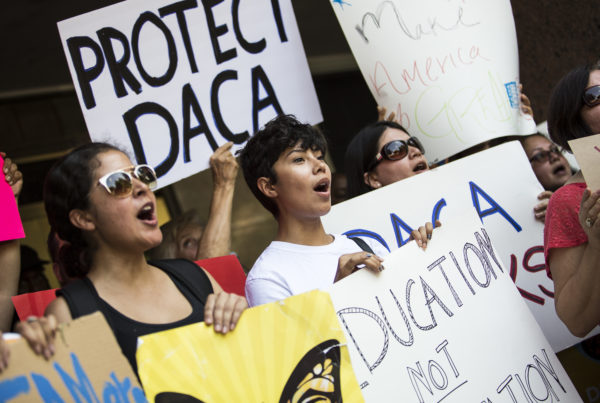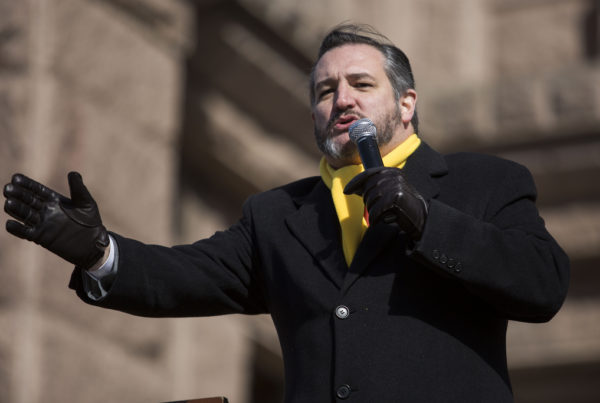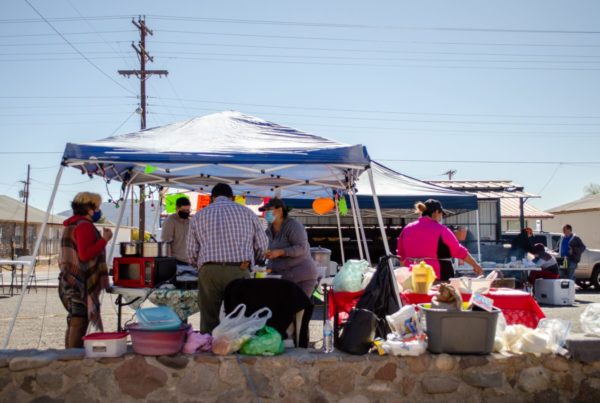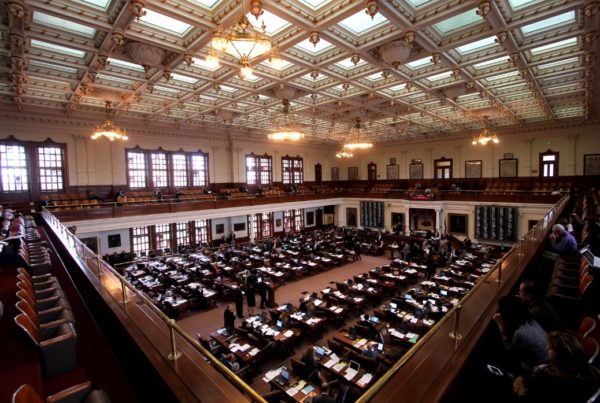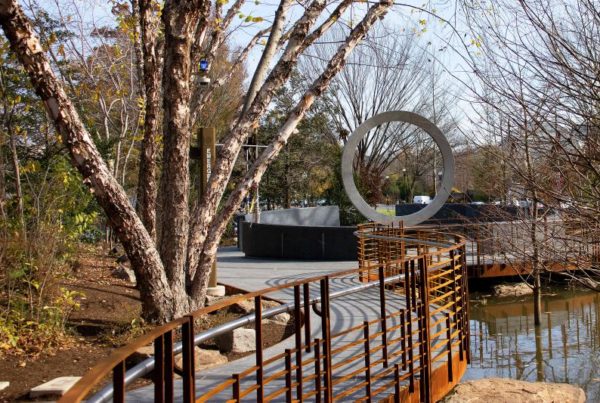This story comes from NPR’s Next Generation Radio project:
From a young age, Sandra Whitley knew she would live a unique life. At first it looked like she might become an Olympian.
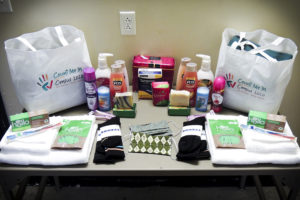
Youth entering the shelter receive welcome kits that include protective face masks.
“For some reason, I was born fast. I was in Junior Olympics and everybody thought I was going to the Olympics,” Whitley said. “Everything was looking good.”
Then in an instant, things changed: Whitley was caught kissing girls.
“That didn’t go over too well,” she said. “The school district actually tried to get me kicked out of school indefinitely, and my parents ended up putting me in a mental institution.”
It was the mid-1970s. Whitley lived in the South and being gay was still essentially considered a disease.
“I can tell you that women were raped [in the institution]. If you did something wrong, you were put in a 2-by-4 padded cell,” she said.
Shortly after her time there and partly because of it, her family uprooted from rural West Texas to San Antonio.
Whitley’s next hurdle was during college, when she officially came out to her parents.
“They disowned me, and we didn’t speak for 20 years,” Whitley said. “So I was very depressed, to be honest.”
She went looking for peace and began traveling the world. Along the way, she discovered her mission was to help young adults who also felt ostracized for being queer.
“Then I started researching and found that in the United States, you know, there’s 1.6 million homeless youth,” Whitley said. “They say that 40 percent are LGBT, and in the South … probably about 50 percent are LGBT.”
It hit her hard that 40 years after she had been institutionalized, so little had changed and so little was being done to help.
“If there’s such an epidemic of homeless youth and homeless LGBT youth, there must be a lot of shelters,” Whitley said. “There was zero in Texas.”


